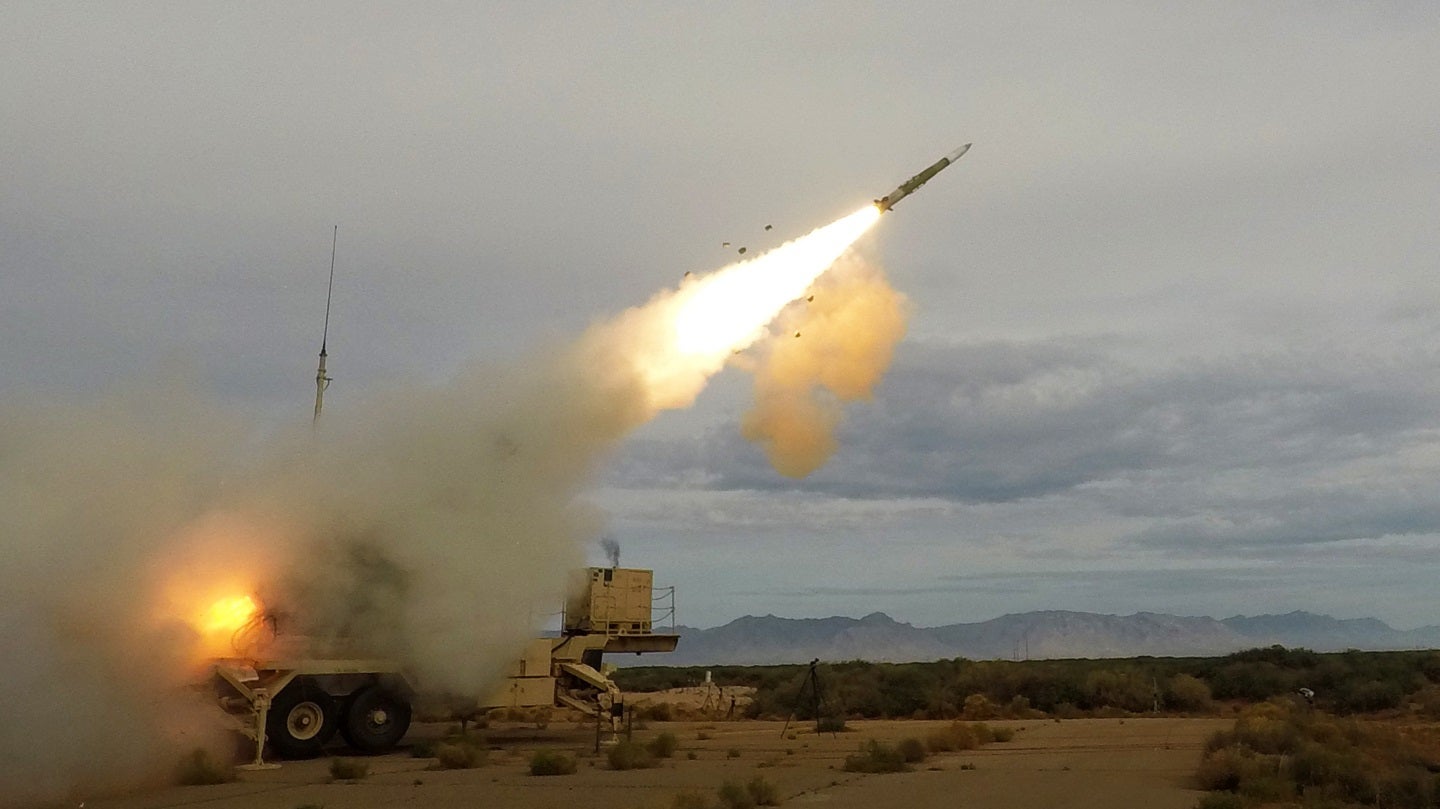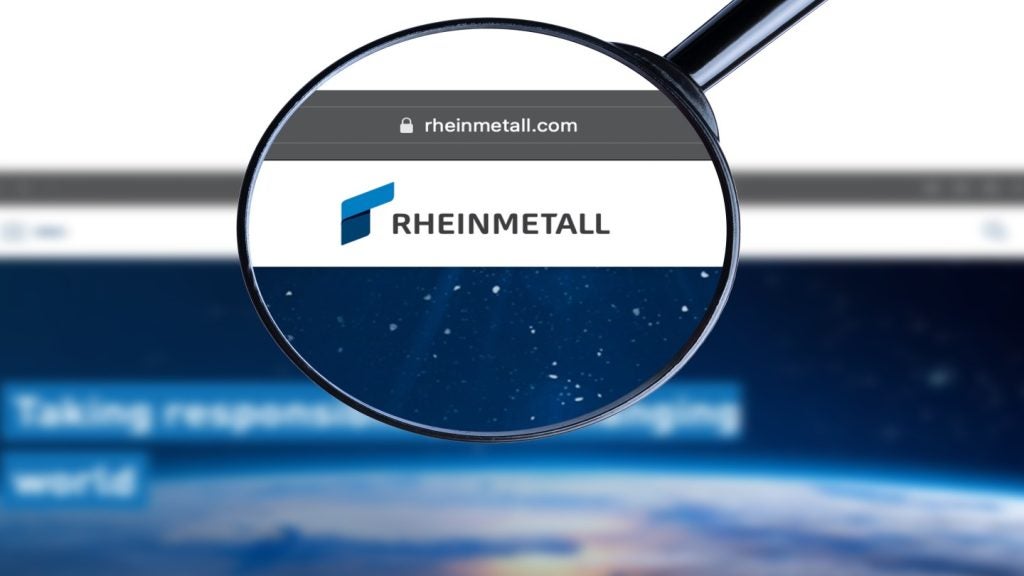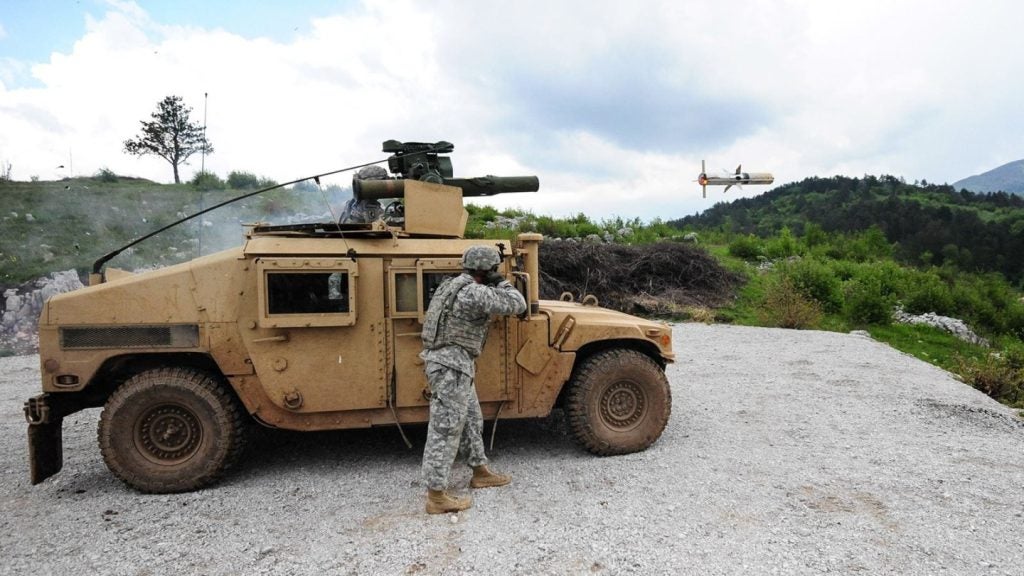
The US Department of Defense’s (DoD) Office for the Assistant Secretary of Defense for Industrial Base Policy (OASD (IBP)) has entered into an agreement with Arconic Corporation to increase production of missiles and munitions.
The purpose of the $45.5m agreement with Arconic is to increase production of High Purity Aluminum (HPA) at its facility in Davenport, Iowa. The low-cost production of HPA by foreign smelters has resulted in decreased production of HPA in the US, according to a 16 June release by the DoD.
In order to fund the programme, the DoD is utilising Defense Production Act (DPA) Title III authorities and funds appropriated by the Additional Ukraine Supplemental Appropriations Act, which will provide the US with “much-needed” surge capacity for HPA production and “mitigate risks to national security” in the event of industrial mobilisation.
The funds will be used for infrastructure at the facility and modifications to accommodate the increased capacity and new equipment. Among the improvements are the design and installation of a new furnace and the implementation of new control and automation systems.
“The Office of Industrial Base Policy continues to support industrial sectors of strategic importance to protect American national security and deter adversarial aggression,” said Dr Laura Taylor-Kale, ASD(IBP). “The company receiving funding is involved in a manufacturing sector identified by President Biden as critical for protecting domestic supply chains.”
The US and its weakened supply chain
In the wake of Russia’s large-scale invasion of Ukraine in February 2022, and China’s ambition to fashion a multi-polar world and lessen US influence in key regions, Washington has sought to secure its own industrial base and develop a capacity to ramp up productions of materials, munitions, or equipment, as required.
How well do you really know your competitors?
Access the most comprehensive Company Profiles on the market, powered by GlobalData. Save hours of research. Gain competitive edge.

Thank you!
Your download email will arrive shortly
Not ready to buy yet? Download a free sample
We are confident about the unique quality of our Company Profiles. However, we want you to make the most beneficial decision for your business, so we offer a free sample that you can download by submitting the below form
By GlobalDataHPA is a critical material for many military and commercial systems, including aerospace platforms and tactical ground vehicles.
The US is also providing Ukraine with hundreds of thousands of rounds of artillery ammunition and ground-based air defence missiles to aid Kyiv in its operations against Russia.
Much of the equipment and munitions will have come from existing reserve stocks already in the US’ inventory, or else procured from international markets where necessary. However, the US will be keen to ensure that its own munitions stocks are not depleted as a result, given the potential for conflict in the Pacific should China seek to seize neighbouring Taiwan by force.
According to a DoD news piece on the country’s defence industrial base in May this year, the sector was facing “serious challenges”, with the need to support key business and capabilities increasingly crucial.
A post-Cold War peace dividend had seen the umber of workers in the US defence sector decrease from three million in 1985 to 1.1 million currently, according to David Norquist, president and chief executive officer of the National Defense Industrial Association and the deputy secretary of defence from 2019 to 2021.
According to the US Defense Logistics Agency (DLA), its vendor base of companies able or willing to work on defence related projects has significantly reduced. From 2016 to 2022, the DLA lost around 22%, or 3,000 vendors, with small businesses accounted for 2,300 of those losses. Overall, the DoD lost 43.1% of its small businesses in the same timeframe.







